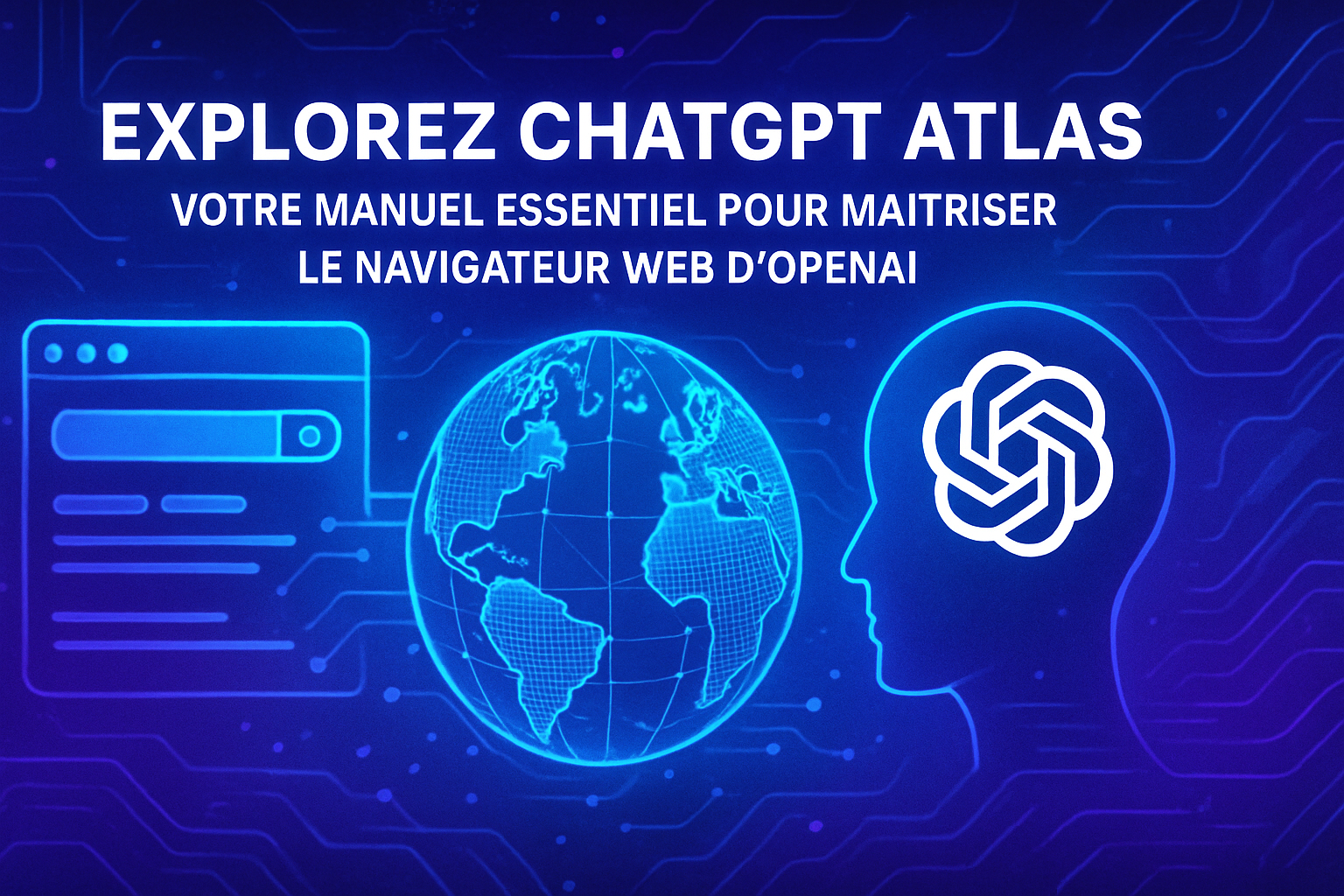The Labour investment in AI sparks an intense debate within the British political sphere. The integration of a disruptive technology raises fundamental questions about its economic and social viability. The increased dependence on energy resources may exacerbate already critical environmental issues. The potential transfer of government funds to AI could overlook pressing problems of poverty and public health. The implications of this strategy necessitate thorough reflection on its potential to truly transform the economy.
The Labour’s predominant investment in AI
The Labour Party recently launched an ambitious initiative aimed at making the UK a global leader in artificial intelligence. This strategy involves colossal investments and large-scale projects based on recent technological advancements. However, this direction raises many questions regarding its viability and long-term implications.
The limitations of generative artificial intelligence
Experts like Professor Shannon Vallor from the University of Edinburgh highlight that generative AI systems imitate rather than truly create. These systems rely on historical data, thereby reproducing potential biases and errors already present. By betting on this technology, the government could reproduce the traditional methods that have failed in the past.
Environmental impacts and energy concerns
The transition to AI raises significant environmental concerns. A study shows that the operation of AI systems consumes up to 33 times more energy than conventional programs. Currently, in Ireland, about one-third of electricity is consumed by data centers. The question arises as to how far the planet can cope with such energy demand.
The resource crisis
The British government, already facing severe budget constraints, must evaluate the resources allocated to AI against other crucial societal issues such as poverty and public health. The choice to dedicate funds to the expansion of AI at the expense of urgent problems is debatable.
Social and security issues
Social concerns surrounding AI extend beyond the economy. Risks to privacy, data security, and social control are pervasive. The government’s attachment to triumphal rhetoric around AI recalls unfulfilled promises of the past, prompting questions about the priority given to international competitiveness over local democratic integrity.
A political dilemma
Concerns also extend to the government’s relationships with large tech companies. The desire to reconcile the rise of AI with commercial interests raises questions about the ethics of massive investments. Alignment with major players like Microsoft could hinder the necessary regulation and a genuine consideration of societal issues.
Exaggerated expectations versus economic reality
Labour aims to increase productivity and improve public services through AI. This vision appears optimistic in light of a reality marked by complexity. Far from guaranteeing a certain improvement, this strategy relies on assumptions that may prove to be fallacious. Experts suggest that the implementation of AI requires substantial support, including targeted investments in areas such as public health and youth services.
Investing in a sustainable future
This debate on artificial intelligence cannot overshadow the need for increased investment in ecological and sustainable solutions. Critics suggest that rather than pursuing the path of AI, Labour should focus on eradicating the root causes of *environmental degradation*, notably the obsession with economic growth. The large infrastructures required to support AI should not take precedence over environmental preservation issues.
Impacts on employment and training
Fears of massive automation also fuel debates about the repercussions of AI on employment. A significant number of workers anticipate job losses and changes to their working conditions. Even if AI is destined to be a powerful optimization tool, it must not overshadow the importance of continuous training for employees to navigate effectively through this new technological era. Organizations should consider implementing an integrated strategy that includes upskilling the workforce.
A necessary vigilance towards innovation
While AI is often presented as a panacea, it is imperative to keep in mind its multifactorial implications. Smart and ethical investment in AI requires a holistic approach, taking into account all the issues generated by this technology. Private and public partners must collaborate to ensure that innovation does not come at the expense of human dignity and the health of our planet.
Frequently asked questions
What are the main objectives of Labour’s investment in AI?
Labour aims to make the UK a global leader in the field of artificial intelligence, enhancing economic competitiveness and improving public services through advanced technological solutions.
How could Labour’s investment in AI affect employment?
This investment could lead to job losses in certain automatic sectors but also create new opportunities in AI-related fields, such as the development and maintenance of technologies.
What are the criticisms regarding this investment strategy in AI?
Critics argue that the focus on AI could divert resources from pressing social issues, such as poverty and environmental degradation, while highlighting the biases and limitations of AI.
How can AI contribute to solving current societal problems?
According to supporters, AI can improve access to public health and optimize government services, but there are doubts about its actual effectiveness in solving fundamental issues.
What are the risks associated with the growing dependence on AI?
Risks include concerns over privacy, data security, and a potential concentration of power among large tech companies that control AI.
What is the position of workers regarding investment in AI?
A majority of workers seek strict regulation of AI, fearing it may replace their jobs without providing sufficient support for retraining or training.
Is there a regulatory plan to accompany the investment in AI?
So far, Labour has not presented a detailed regulatory plan for AI, raising concerns regarding responsible management of technological development.
Could Labour’s investment in AI harm the environment?
Some experts warn about the increased energy consumption linked to AI system operations, which could contribute to environmental problems instead of solving them.
How does Labour plan to collaborate with the private sector to develop AI?
Labour envisions partnerships with tech companies to foster innovation, but the exact terms of these collaborations remain to be defined.






